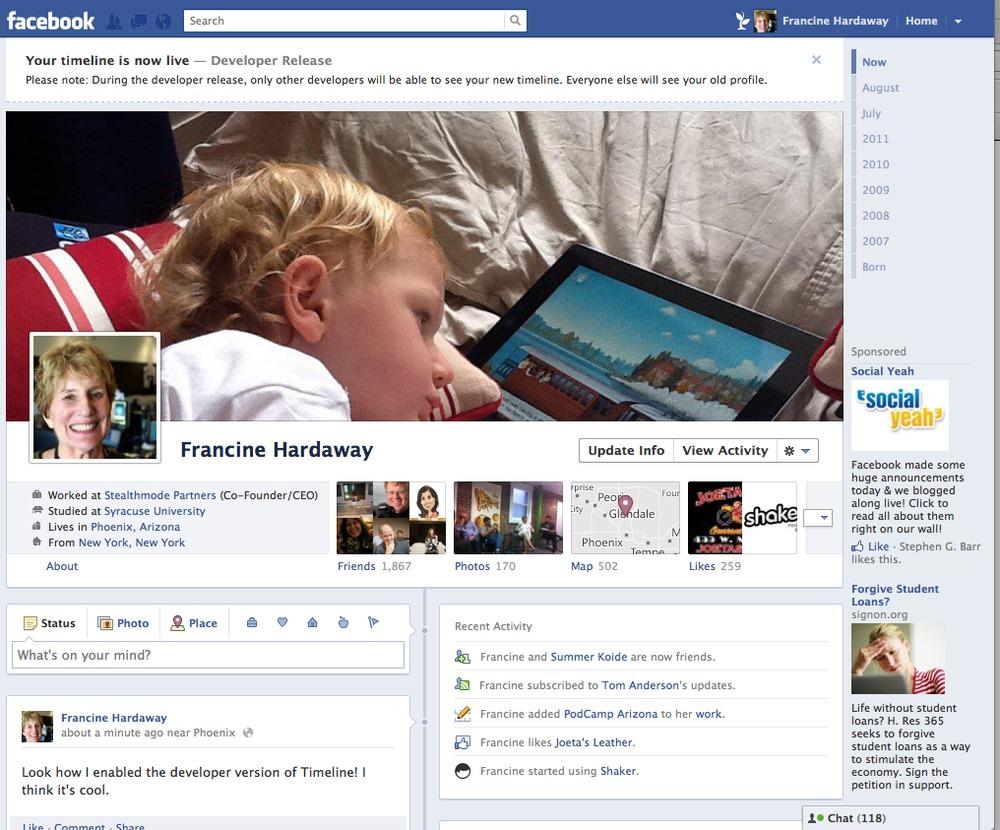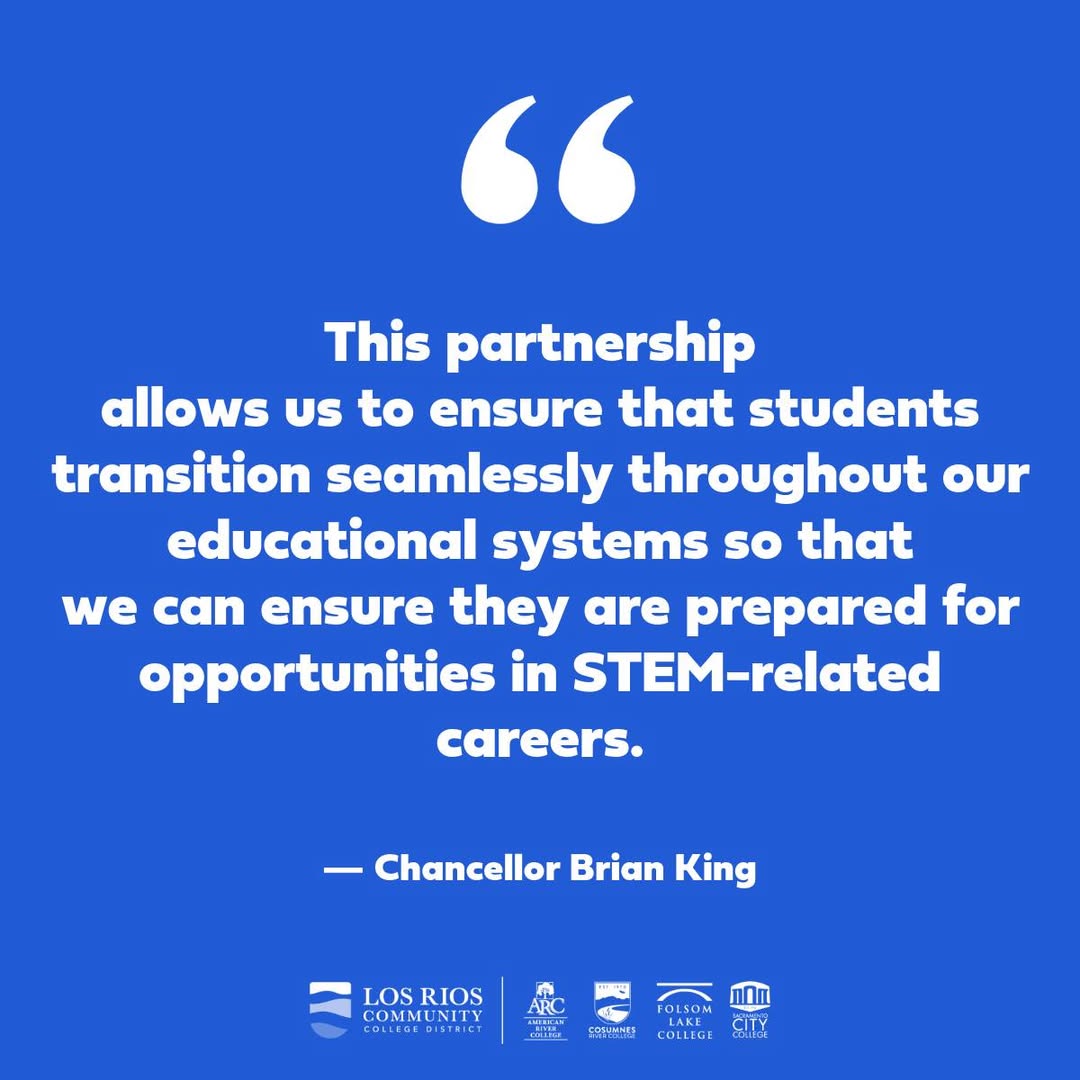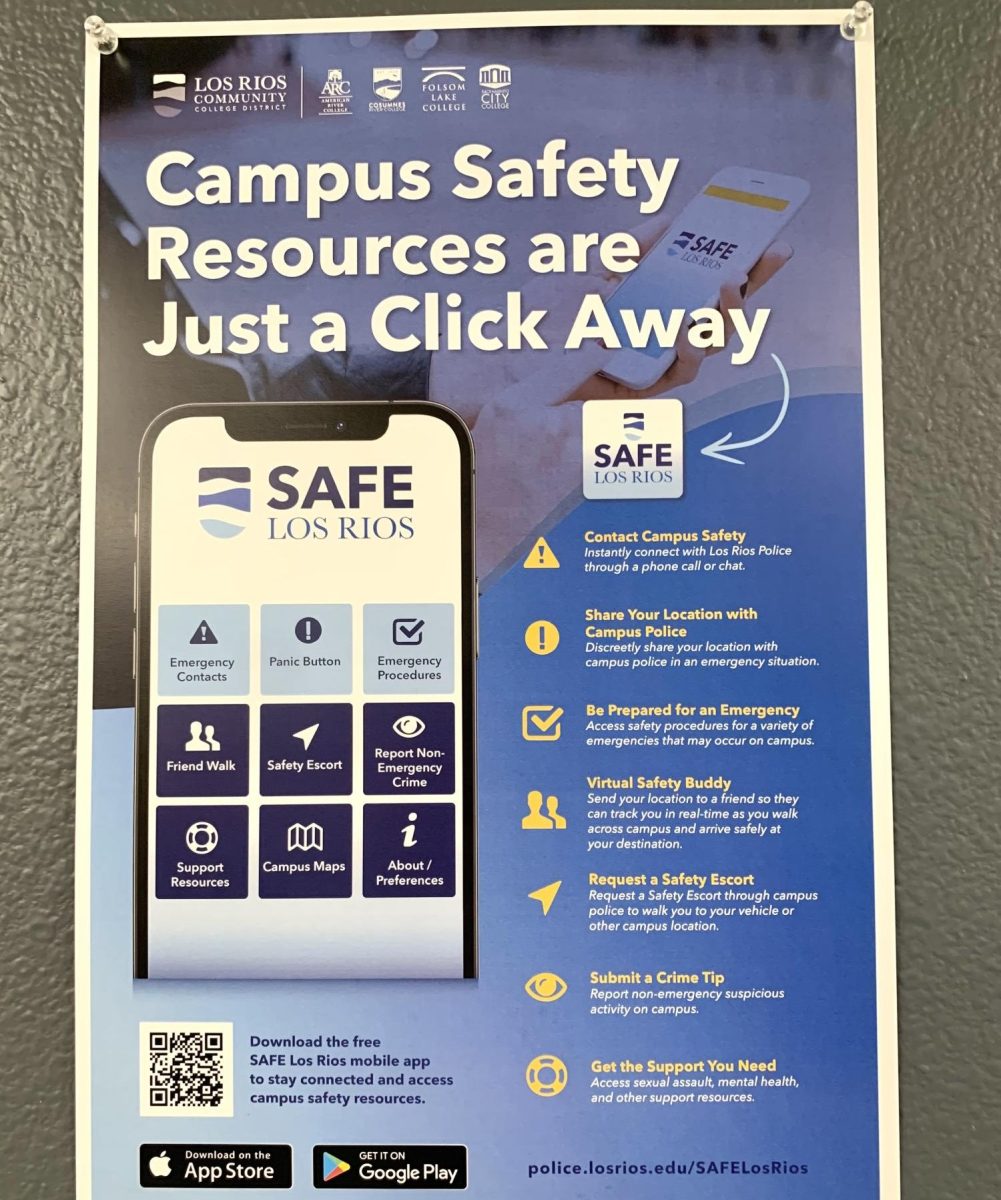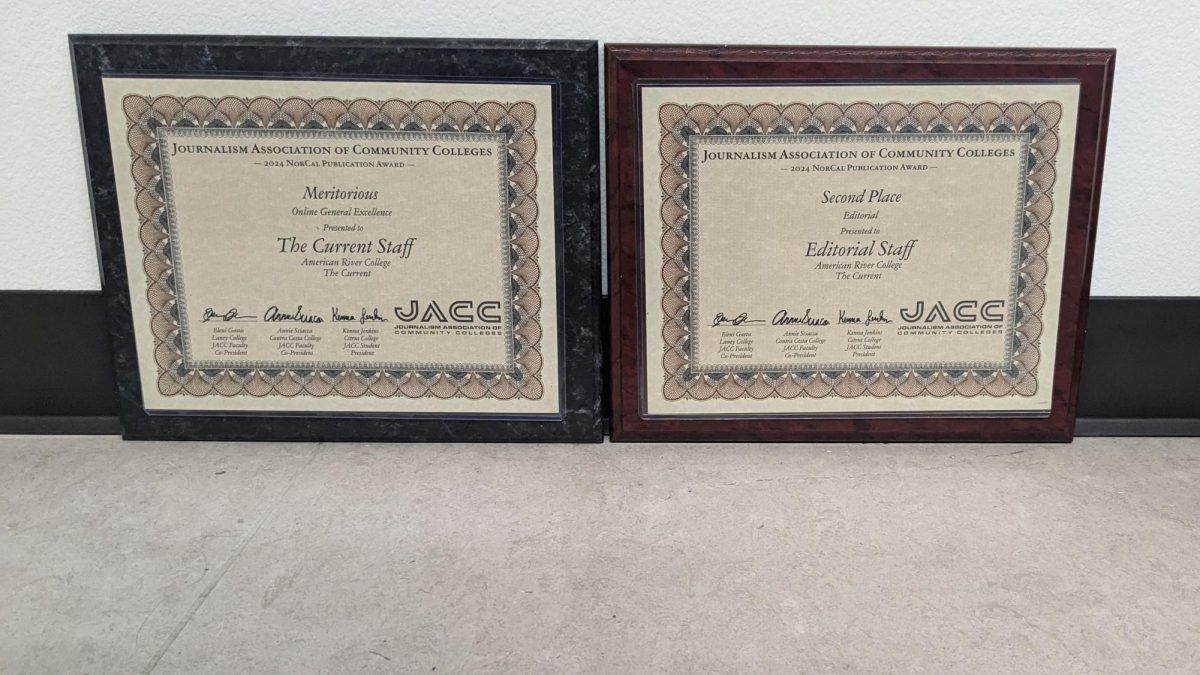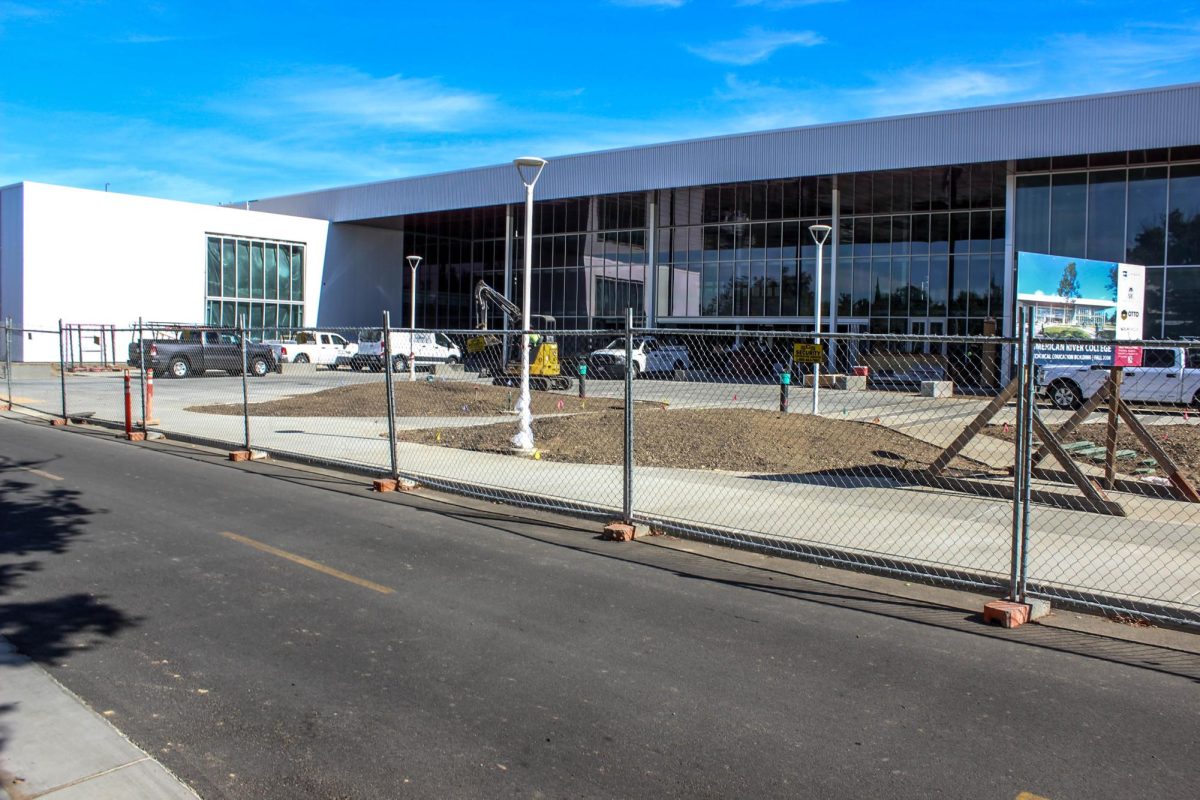If you are just getting used to the previous Facebook changes, don’t get too comfortable. Facebook, with its more than 800 million active users, has been experiencing the most sweeping changes in the company’s history the past couple weeks.
The social networking Web site, launched in 2004, has introduced new features that focus on archiving and the increased sharing of information. “Facebook’s mission is to make the world more open and connected,” said CEO and co-founder Mark Zuckerberg at his annual f8 conference on Sept. 22. “We’re going to make it so you can connect to anything you want,” he said, “in any way you want.”
To help you ease into this transition, here are the most important changes.
Timeline
Facebook’s profile is receiving the most radical of these new changes. The profile has added a “Timeline.” “For every major evolution we’ve done at Facebook, the profile is at the center,” said Zuckerberg.
“Timeline is the story of your life … all your stories, all your apps, in a new way to express who you are.” Every post and like in the user’s past is chronicled by month and year, along with when they became friends with people.
A hidden feature of the timeline is that you can find out who has un-friended you. It shows what friends were added and when, and if they are no longer your friend, then it displays that information. The top of the new profile is now overpowered with a cover picture, which the user can pick from their existing uploaded photo albums. This is a fun addition to the profile and gives it a nice overall look.
The friends, photos, and likes tabs are all condensed into the top of the profile, under the cover, making it less cluttered. There is a new tab as well, called Maps, which shows where the user has been based off of where they’ve checked in. “It’s too much,” says criminal justice major Jared Riffle-Yokoi, “The old Facebook was simple and to the point.” Timeline might take a while to get accustomed to, but overall it is a worthy update.
Ticker: The ticker has rolled out recently, bringing controversy along with it. It appears as a tiny feed in the upper right corner of the home page, updating everything the user’s friends are doing in real time, including their comments on a stranger’s status.
“One thing we have heard is people have things they want to share but they don’t want to annoy their friends by putting boring stuff on their News Feed, “ said Zuckerberg. However users are concerned about this change, not wanting everything they’re doing to be constantly published. “It’s really none of their business,” says Jennifer Acuña, a cultural anthropology major, “There’s such a thing as too much information.”
So to avoid any drama, closely watch everything you do on Facebook, because your friends will know immediately.
Facebook Gestures: The “like” button that so many users are accustomed to will have some company soon. Joining it will be a series of verbs, specific buttons relating to what the subject is. For example, if the user goes to “like” a book, it will be replaced by “read” and movies will be “watched” and so on.
Websites can even customize the buttons themselves to make it more specific to what their site is about. In addition to this change, instead of publishing on the wall, actions will show up on the ticker as well.
When can we expect this change? There is no release date for this particular feature yet. “Building the language (as) to how this works is hard,” explained Zuckerberg.
Media Integration: An ambitious plan to integrate video giants Netflix and Hulu is also in the works. This coordination would allow you to watch movies and TV with your friends through Facebook. While 44 countries will get this feature soon, the United States is not one of them.
The hitch is the Video Privacy Protection Act of 1988, which prohibits disclosing video rental history. This relates to Netflix because through Facebook integration, anyone can see what you’ve been watching.
Netflix CEO and board member of Facebook, Reed Hastings said that this act is “in the process of being reviewed and could be overturned.” Aside from the possibility of Netflix and Hulu, there will also be integration from music services such as Spotify and Rhapsody, allowing you to listen to music and view webpages with your friends, again without leaving Facebook. This is what Zuckerberg smugly describes as “frictionless experiences and realtime serendipity.”
With such massive changes occurring and soon to occur in the world of Facebook (which turns out is bigger than the population of most countries!), not everyone is going to like it. Like him or not, you have to give Zuckerberg credit for taking such a big risk after seeing what happened to social networking pioneer Myspace a few years ago. Time will tell if this risk pays off, or if we will all being saying “Hey! Google Plus me!” in a few years.


